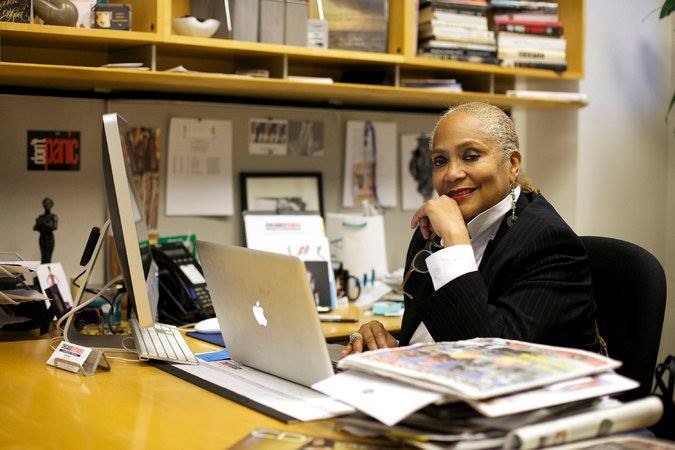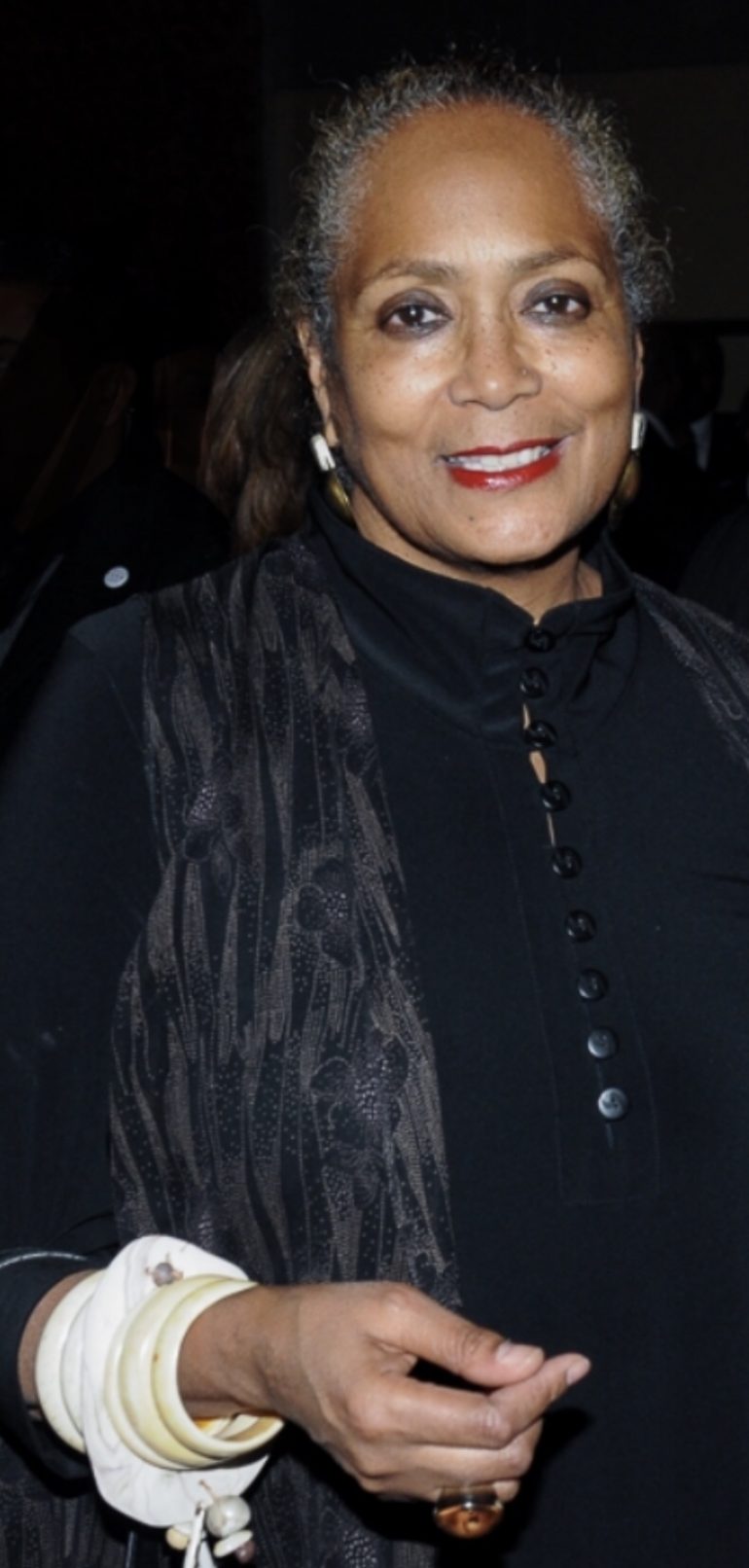Cincinnati, Ohio native Kai El’ Zabar attended Walnut Hills High School there along with her good friend, Chicago political veteran Delmarie Cobb.
Kai, the new Executive Director of the eta Creative Arts Foundation, has left her imprint on Chicago as a founding member and former editor of N’DIGO, and as the first female Executive Editor of the Chicago Defender, among other noteworthy positions.
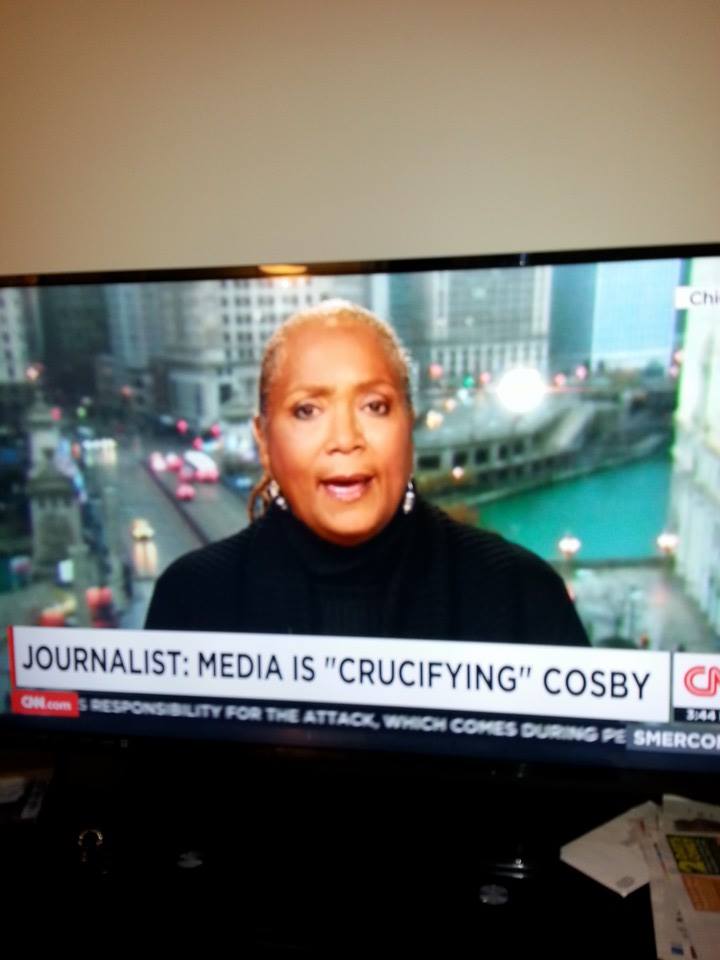
She attended Lake Forest College in Lake Forest, Illinois, which afforded her the opportunity to study abroad in West Africa, Sierra Leone, and at the University of Dakar in Senegal.
Kai aimed to be an attorney, but wasn’t feeling law school and involved herself in theatre instead while in college. One evening at Kuumba Theatre, she heard Abena Joan Brown and Val Gray carry on a dialogue about theatre.
She remembered Abena saying, “Val, we reserve the right to tell our own stories, complete with our idiosyncrasies, nuances and ‘isms, unapologetically and without censorship by others.”
Kai married noted Chicago musician Kahil El’ Zabar and they were very much involved in the arts and culture, music, dance, theatre and art arenas, particularly with the AACM/Association for the Advancement of Creative Musicians.
Together they produced his concerts, and traveled to Europe where they lived in Bologna, Italy. Back in the States, they eventually divorced and Kai turned to writing and editing books.
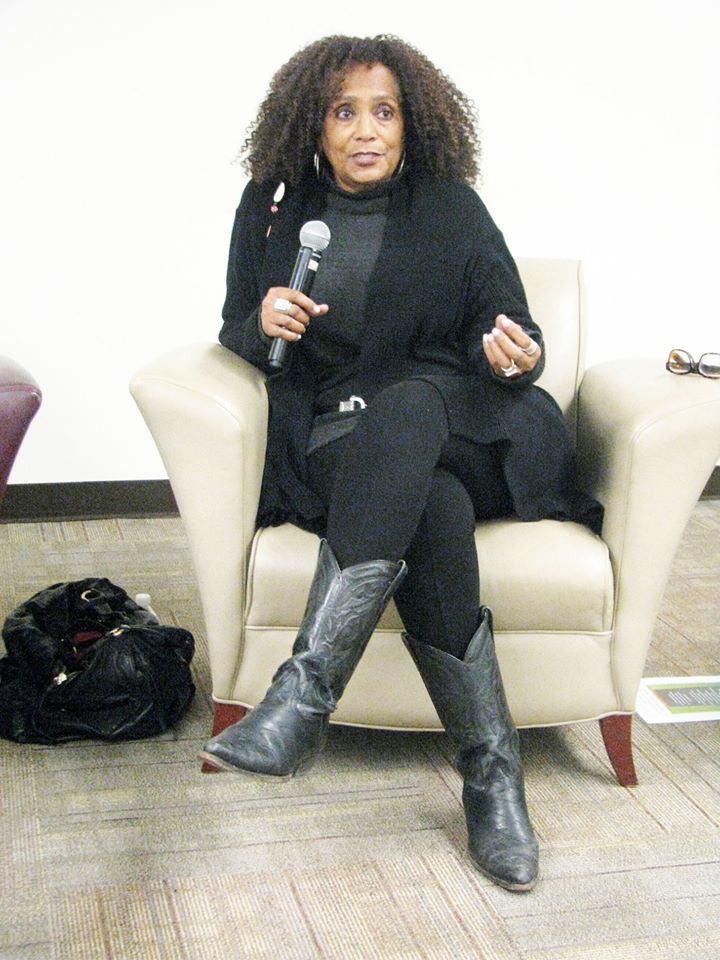
She worked for the Chicago Defender and lectured in the English/drama department at the Center for Inner City Studies at Northeastern University, where she was mentored by Drs. Anderson Thompson, Conrad Worill, Jake Carruthers, and Harold Pates.
She was Director of the Underground Fest, which followed the Chicago Jazz Festival in Grant Park, for 10 years, before joining ELLE Magazine as a contributing editor and becoming Editor-in-Chief for Elancee Magazine.
At one point, Kai was the Interim Director for the South Side Community Arts Center and then Coordinator of Special Events at the City Colleges of Chicago, where she worked with then-Vice Chancellors Wayne Watson and Hermene Hartman.
She also returned to school and pursued a Master of Arts at Columbia Interdisciplinary Arts before accepting the position of Managing Editor of N’DIGO Magapaper.
Five years in, she left for Los Angeles, where she worked in media, independent book publishing and at Hollywood studios. She returned to Chicago to head up the Chicago Defender for two years before taking the job of eta Executive Director back in July.
N’DIGO chatted with her recently about the new job and the venerable theatre company.
N’DIGO: eta is synonymous with its founder Abena Joan Brown. Can you talk about Abena and the mission and history of eta?
Kai El’ Zabar: Abena Joan Brown was obviously a visionary who had acted and probably wanted to live the life of an actress, but actually entered the field of social work and became a top executive at the Harris YWCA, where she honed and developed her skills in executive leadership. She, along with Useni Eugene Perkins and Okoro Johnson, founded Ebony Talent Association (eta) Creative Arts Foundation in April 1971.
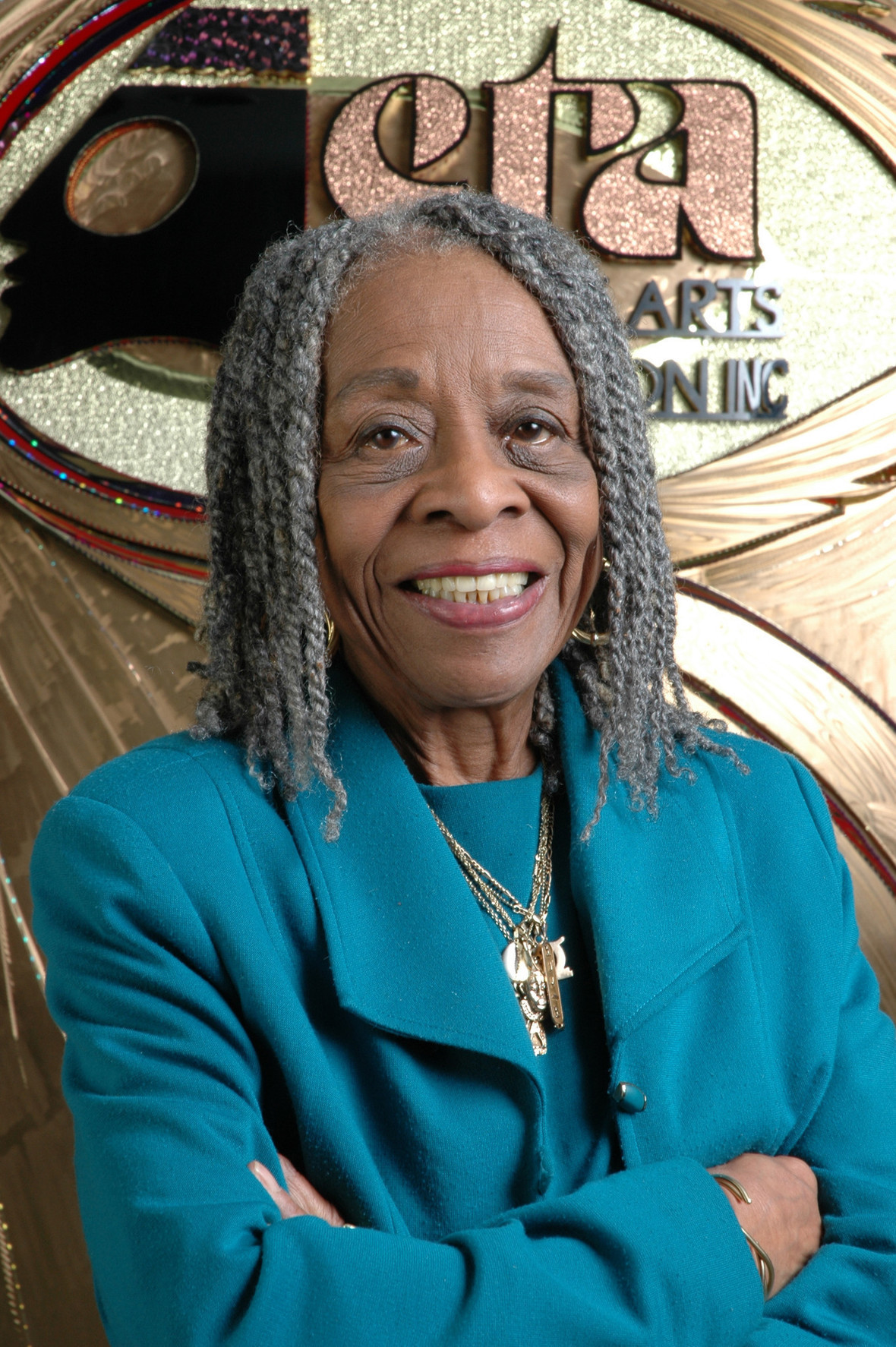
With her skillset as a leader utilizing and maximizing the business relationships she had established at the helm of Harris Y and the relations she had cultivated and nurtured with community stakeholders and leaders, Abena was able to garner the support of some of the most powerful and influential Black businessmen and women in Chicago.
With that, she built a great board of directors and an institution of merit and success. In its heyday, eta was the “creme de la creme.” But it is time to move onward and forward with the mission firmly intact and with the vision of what is necessary and important to eta’s prosperity and longevity in the community. My responsibility is to make sure that it not only survives, but wins and thrives.
Fate is whimsical to say the least. You wrote one of the first N’DIGO cover stories in 1991 on Abena Joan Brown. In 2015, as Editor of the Chicago Defender, you wrote a eulogy on her passing. Now you’re the Executive Director of eta. Did you ever see that coming?
Yes, life is that and so much more. I did indeed interview Abena and I feel that we have come full circle. In 1991 when I interviewed her, she gave me words of wisdom that continue to inspire me and ground me ever more in truth. More importantly, she said to me at the end of the interview, “Kai I’m glad you’re writing.” I knew what she meant.
Ironically, Abena made her transition July 12, 2015. Runkao Jahi, who worked under her tutelage as Artistic Director for 40 years until 2014, told me, “Kai, Abena died on your birthday. That’s very African.” Some Africans believe that the deceased passes on the mantle to someone they know when they die on the individual’s birthday.
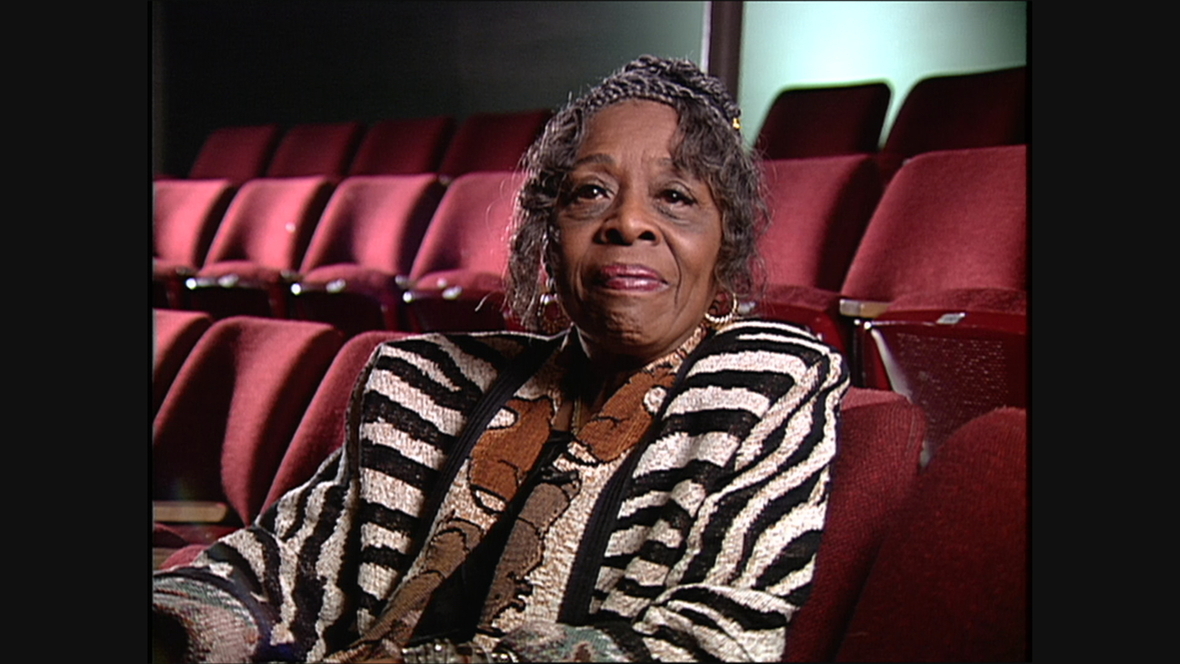

I was moved, touched and inspired. And I chose to take that belief on, to walk in Abena’s shoes, boldly and committed to transforming eta and establish its legacy far into the future long after we are gone.
But I can tell you, I did not see it coming! To be honest, eta was nowhere on my radar. A dear friend called and told me that eta was seeking an executive director and that I should throw my hat in the ring. I read the announcement and job description, threw my hat in the ring, and here I am.
You’re as much or more of an arts person as you are a journalist. What are your actual artistic interests and pursuits?
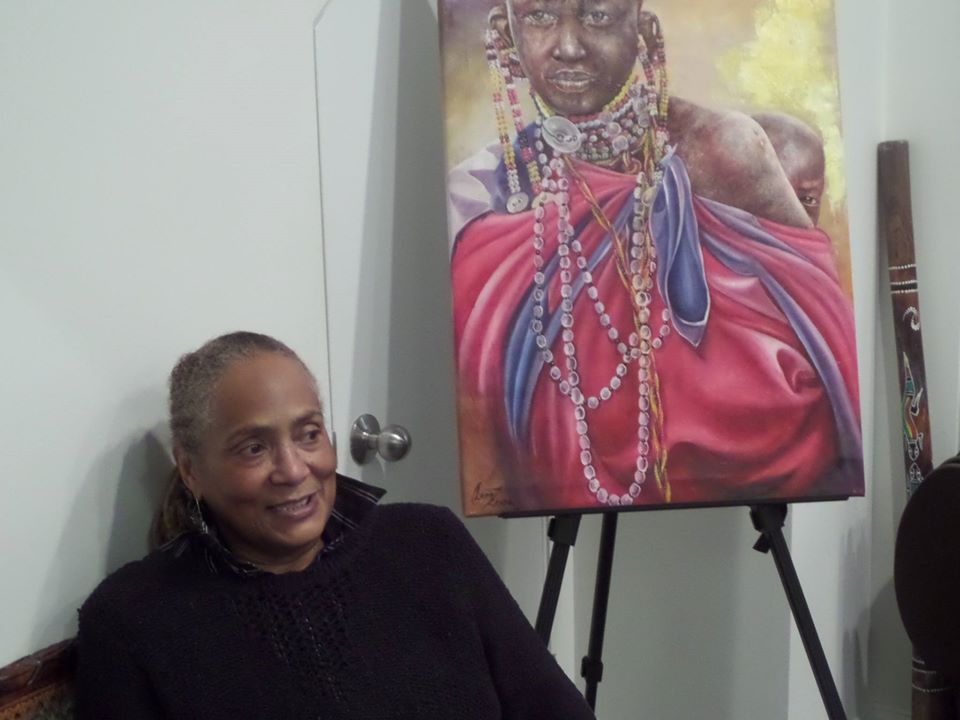
Well, I am first and foremost a creatively expressed human being. I wrote poetry, short stories and plays before I became a journalist. At some point they overlapped –journalism and creative writing pieces.
I recognized the importance of the social political essayist like James Baldwin, whose work I love. Langston Hughes definitely delivered social political commentary within and throughout his creative works. Langston also wrote and contributed to the Chicago Defender, as did Gwendolyn Brooks.
I recall when as a poet I said, “I’m going to write for newspapers, I’m going to pursue journalism,” some of my colleagues suggested that I was selling out. Imagine that! The truth is I knew that I was a writer and I wanted to make a living as a writer.
However, some of those who insulted me with the term “sellout,” further down the road reached out to me for writing assignments when I was editor of N’DIGO!
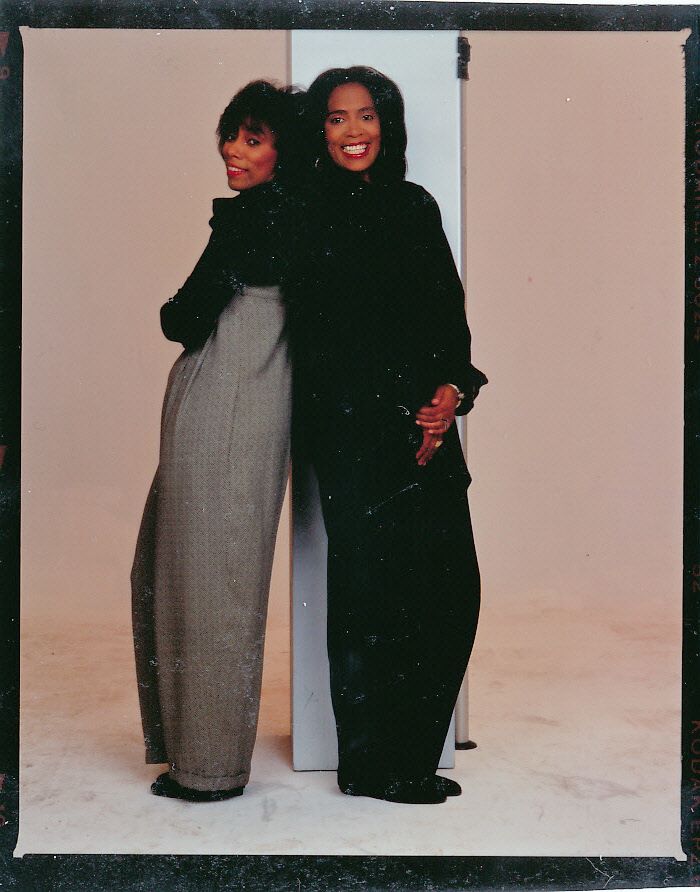
To date, N’DIGO was the one job I had the most fun at, for many reasons. It provided me the platform to be both creatively expressed as the art director conceptualizing the covers while assigning the cover stories, and I got to write as well.
Writers write. It’s never been about notoriety for me, but rather about writing because it calls me. I write to share information and knowledge with my community and others for the purpose of arming them and making them more informed today than they were yesterday.
Because you’re artistic, how does this new position fit you and what is your vision for eta as it approaches its 50th anniversary?
We turn 50 on April 2, 2021, so we’re fast approaching it. I recognize the synergy between being an executive editor of a publication and being an executive director of a theatre company.
The “executive anything” provides leadership as the visionary who empowers the staff to drive and manage the process to achieve those objectives, goals and eventual outcomes they are aiming for. Whether it’s print, broadcast, film, or the stage, they are all platforms through which we tell stories. So the transition is not difficult.
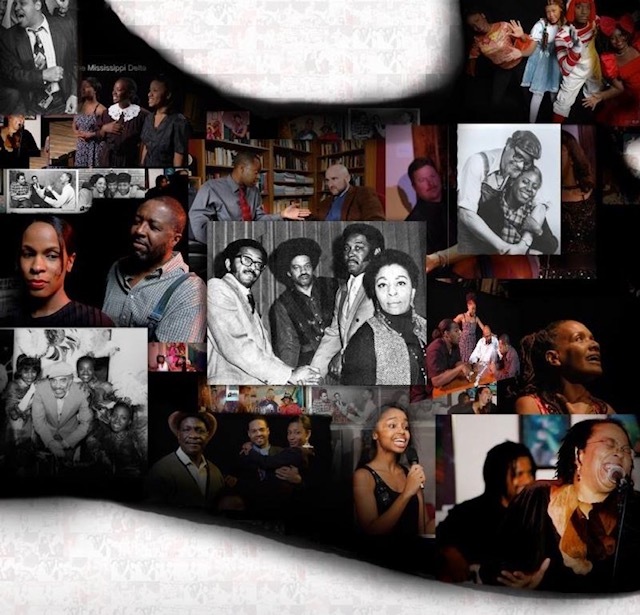
As for my vision, I see eta run like a business, self-sufficient and a creative source of inspiration in the community. We recognize the value of the arts as invaluable now that art and music have been all but removed from most public schools.
The social, emotional and intellectual assault that the absence of arts and team building (sports) has on humans is devastating because it takes away our humanity. We create art to tell stories, to record and document our past, to share information, to entertain and stimulate thought, provoke or evoke ourselves to action or transformation.
So I see eta as a major contributor to rebuilding our community as a place maker, as a leader in projecting and living our ideology of the Seven Principles known as the Nugu Saba, which we emphasize during Kwanzaa.
As storytellers, we are also teachers and keepers of the truth, so at the end of the day, eta is a change agent in the community for the good of the community, by the community, in the community. That’s who we are as a theatrical consortium of all that is theatre.
You see, theatre requires that you bring all of life’s experiences, possibilities, the good the bad and the ugly, fears, life-changing insights, revelations, epiphanies, and the pursuit of happiness. Life is drama in motion at all times and theatre captures life in slices presented on stage for us to observe our behaviors and their impact upon each of us.
Because you interviewed Abena so extensively, that must have given you a unique direct insight into her vision of eta that you can use to continue the theatre’s operations. Is that a challenge or a blessing?
It’s an honor, definitely a blessing. To be given the opportunity to do something great as a continuum of an ancestor’s vision is truly special. I know that the synergy that exists between Abena and me is real because I felt her those many years ago as a college student when she defined the purpose and responsibility of Black storytellers.
Her words germinated inside of me, growing and growing, taking root, and now they are me, one and the same – not separate from any aspect of myself. I get what I am here to do at eta and with the team I have and those to come, we will get it done.
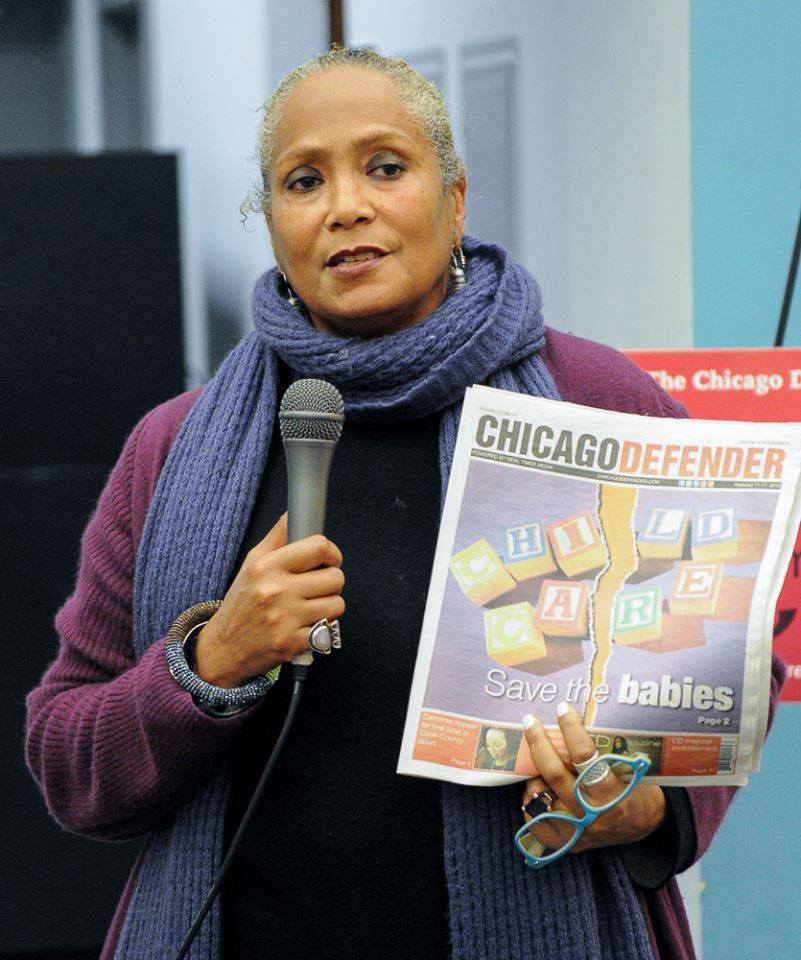
In that Defender article, you noted that Abena’s “greatest challenge was raising the necessary funds to run” eta. Is that still true as you take over the administration?
Absolutely! The landscape of how to go and get the money has changed tremendously. The George and Joan Johnsons, John and Eunice Johnsons, all those Black corporate executives in positions of power and influence, are not as many in number any more.
But there continues to be an evolving scale of wealth accumulated by Blacks. It’s just done differently. Today, the rich are gamers, or app designers, or a stockbroker whose name you don’t know because it’s not on the building on Michigan Avenue, or she’s not a celebrity.
It’s just different. Foundations have new criteria and the youth are here. They are in the high places and low, so we have to look at developing boards differently. Board members now could be a tech-savvy person, or a social media marm that can blow up the awareness of your company, or they are masters at other ways to go get the money. It’s a mix of the old and the new.
It’s still about going to get the money, but now in addition to that, it’s about how you do and what you do with that money to make it grow/work for you because victory is independence and self-determination.
What are your strategies for fund-raising and how can people donate to eta?
We have initiated a new tier system of giving that lends itself to represent a greater exchange. In the past, we sold subscriptions and you got tickets to a season of plays, and/or you could just contribute and receive a tax write-off. Our new approach allows for more personal engagement with the theatre company, our board and our eta team.
To donate to eta, you can always go directly to our website at www.etacreativearts.org. You can call our office at 773/752-3955 and speak to a team member personally and they will take care of your transaction. Or you can come by and see us at 7558 S. South Chicago Avenue, or mail in a donation by check with all your information.
There are so many ways now. If you want to make us a recipient of your estate monies upon your passing, you can set up and include us in your will or make us the recipient of your stock dividends as a trust fund. We will be holding community forums shortly on the gift of giving and the “How to.” So stay tuned.
Talk a little about the team that you work with.
My team is a mix of Baby Boomers, Generation X, and a few Millennials. Each is powerful in their ability to express and in their particular skill sets. Some have been with eta since it’s beginning in 1971. Others have taken classes at eta, or attended programs and theatre at eta. Some have literally grown up at eta and others are new to eta.

We have artistic directors, community engagement, dancers, visual artists, playwrights, directors, tech folk, business manager, IT personnel, production team, customers, designers, spoken word artists, composers, music curators, and then there is me. I respect, appreciate and love them all for what they bring to the table.
When does the new season start and what are the productions?
Because I began July 15 of this year, I wanted to observe and get a sense of the eta culture and then assess its strengths and weaknesses. From there I devised a plan and I’m working that plan. Our new season will start April 1, 2020, the date we were founded 49 years ago and that will become the month our season begins from here after.
However, in February we will celebrate Black History Month with various activities. We will kick off the month with a tease of our opening show with eta’s Youth Ensemble showcasing I Protest. It premiered September 17, 2019 in Millienienial Park as part of the theater series for Chicago’s “Year of Theater” 12-month celebration.
It was so well received that I chose them to kick off the season for a six-week run. It is followed by My Vagina, My Voice, and finally, The Best of Enemies. You can visit our website: www.etacraetivearts.org, for full descriptions of each play and a listing of our programs.
What happens year-round, outside of the productions?
There’s our monthly newsletter showing what’s new at eta. We are opening our doors to invite you to come join us in our eta home, where you can present your play as a work in progress at our Playwright Readers Forum.
You can come speak or hear the sacred word spoken under the direction of Andre Fredricks. There’s Jazz with the Pacemaker on Easy Wednesdays. Tuesdays are our comedy night and I’m looking for an emcee now. Saturdays are our family day, with seniors to youth hanging out at eta, participating in the various activities from acting classes to bid whist. Theatre evenings are Fridays through Sundays.
Are you looking for people interested in theater, and if so, how can they access you?
We are always looking for people interested in theatre on so many levels – as a student, a professional who wants to teach or act, a patron who wants to donate, subscribe or become a member or volunteer.
What are your favorite things to do here in Chicago? Where can you be found hanging out?
I love the galleries, theatre, movies. I love to roller skate and dance/step, the downtown parks, the fountains. Of course the lakefront where I ride my bike in the summer, the East Bank Club, Veggie Grille, WholeFoods, the Roosevelt Collection Park, and I love, love, love Starbucks!
Anything else you’d like to add?
Just that this is challenging and I’m having fun. I know now that every professional experience and all other life lessons and experiences have prepared me for this. So I’m pretty excited about what the future holds and right now I’m embracing each day as it comes.
